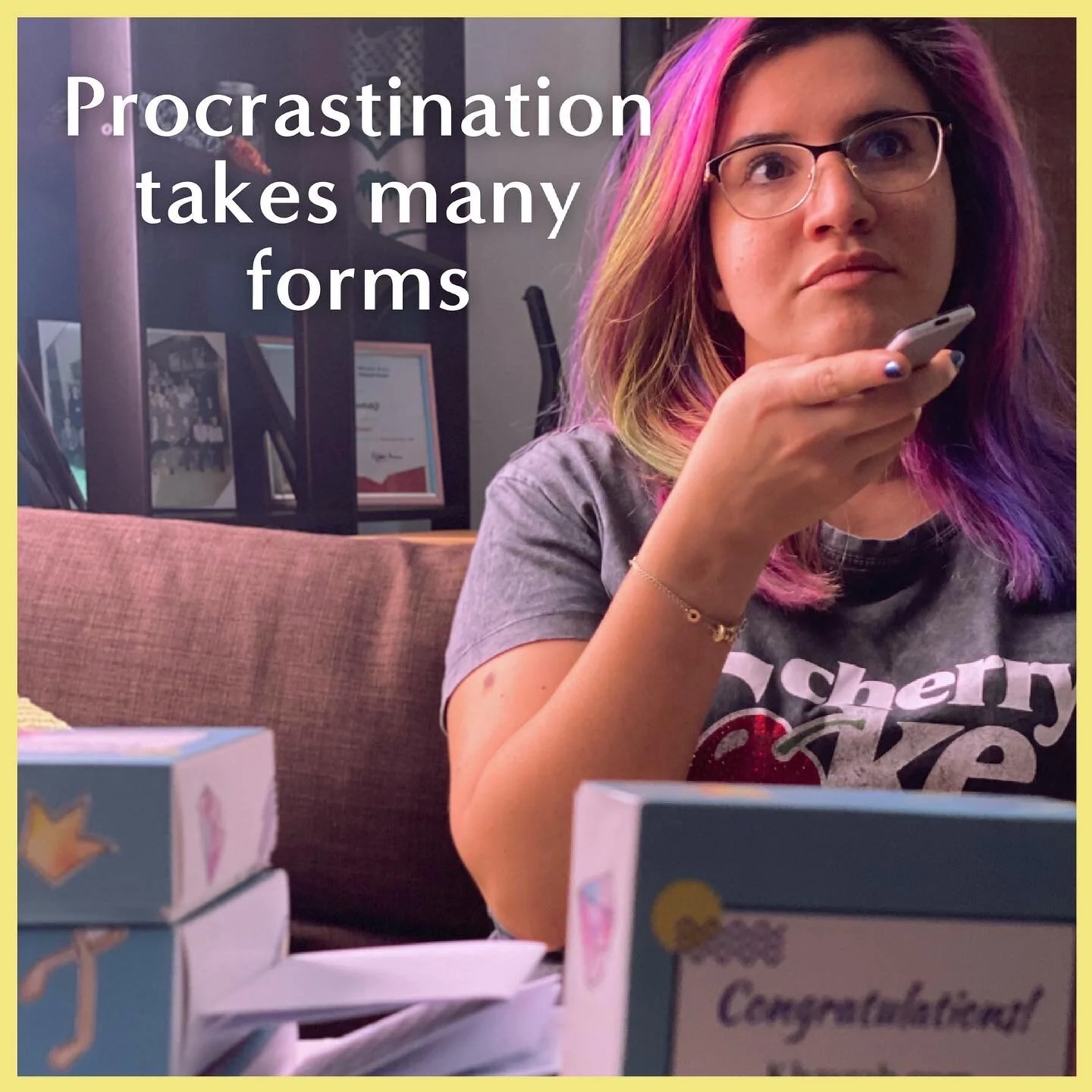The tools of power, authority, and control that we’ve been provided from our modern society only gives us the illusion of being our true selves. This causes pain in us that comes out as procrastination, imposter syndrome, and comparison. Finding the 100% line helps us set up the boundaries and self-compassion to get back to our authentic selves. Here’s 5 steps on how.
Read MoreAn Arablish episode where we ended up reminiscing about how Azzbda podcast started and why it was my contribution to getting female voices on podcasts, along with changes we’ve noticed in ephemeral vs permanent media online.
Listen on Apple Podcasts | SoundCloud | In browser
Read MoreAs many of us shift into the new new normal of relaxed pandemic safety regulations, I’ll be the first to admit that promotion (for personal or company use) and feelings are WEIRD.
There’s no longer a textbook solution to move forward! The most effective strategy is to go back to the MAIN POINT of personal branding and confidence in yourself: Uniqueness. You already have a uniqueness, simply because there is only one you. Here’s how to make the most of it.
Read MoreWhen I notice I’m not doing a task, I say “oh, I guess I don’t want to do it”. The difference between my next step and what my new clients do are very different.
I’ve been recording my moments of procrastination for the past nine years. That is every time I procrastinated for more than 15 minutes. This is insane, and I wouldn’t recommend starting this way. It came of necessity when I was diagnosed with Attention-Deficit Hyperactivity Disorder (ADHD) when I was 10 years old (1997). This self-research paid off when I got my MBA and became self-employed.
Here is everything I learned about procrastination:
Read Moretl;dr: Procrastination is your wise body taking energy and time you didn’t provide to it.
My biggest strength is being a fixer, a coach, and to do it with a determination to see it through to the end.
Attendees and students of 100% — A Life Approach will recognize the shadow of this habit: Being a rescuer in a drama triangle. It leads me to be insensitive, because I’m passionate about fixing instead of empathizing with compassion.
And now my biggest challenge to really embody the celebration I urge my clients to experience is to take time to focus on myself. Self-care for me is to get in touch with my needs, which ignoring always leaves me resentful as a persecutor (Drama Triangle reference). Self-care for me is to get in touch with reality, which ignoring by overworking leaves me confused as a victim (Drama Triangle reference).
Read MoreHere are three ways to see if your ego is hijacking your chance of true innovation through collaborative relationships.
“I will hurt for you”
You may decline help because you’re the strong one – it’s your identity. Asking someone else to struggle the way you do seems selfish at best. You may decline help because the feeling of someone thanking you is too good to give to someone else. It’s a popular myth that you can only get true recognition by struggling through weakness instead of serving from strengths.
“I can’t”
You may decline help because the effort of being the solution-person is too big a responsibility. The goal is too big and unwieldy for you to even start thinking about, so how in the world could you put into words what you’d need from others? This can also be tied to perfectionism where no one else can get to the standard that you know it should be. Obviously, you can’t trust anyone else with this.
“I told you so”
Once you give it a go and try to ask for help, you are disappointed and nothing got done. This always happens when someone else tries to get involved, it just isn’t right. Resentment, blame, and isolation bubbles up in you, keeping you in your comfort zone of lonely struggle.
Read More




